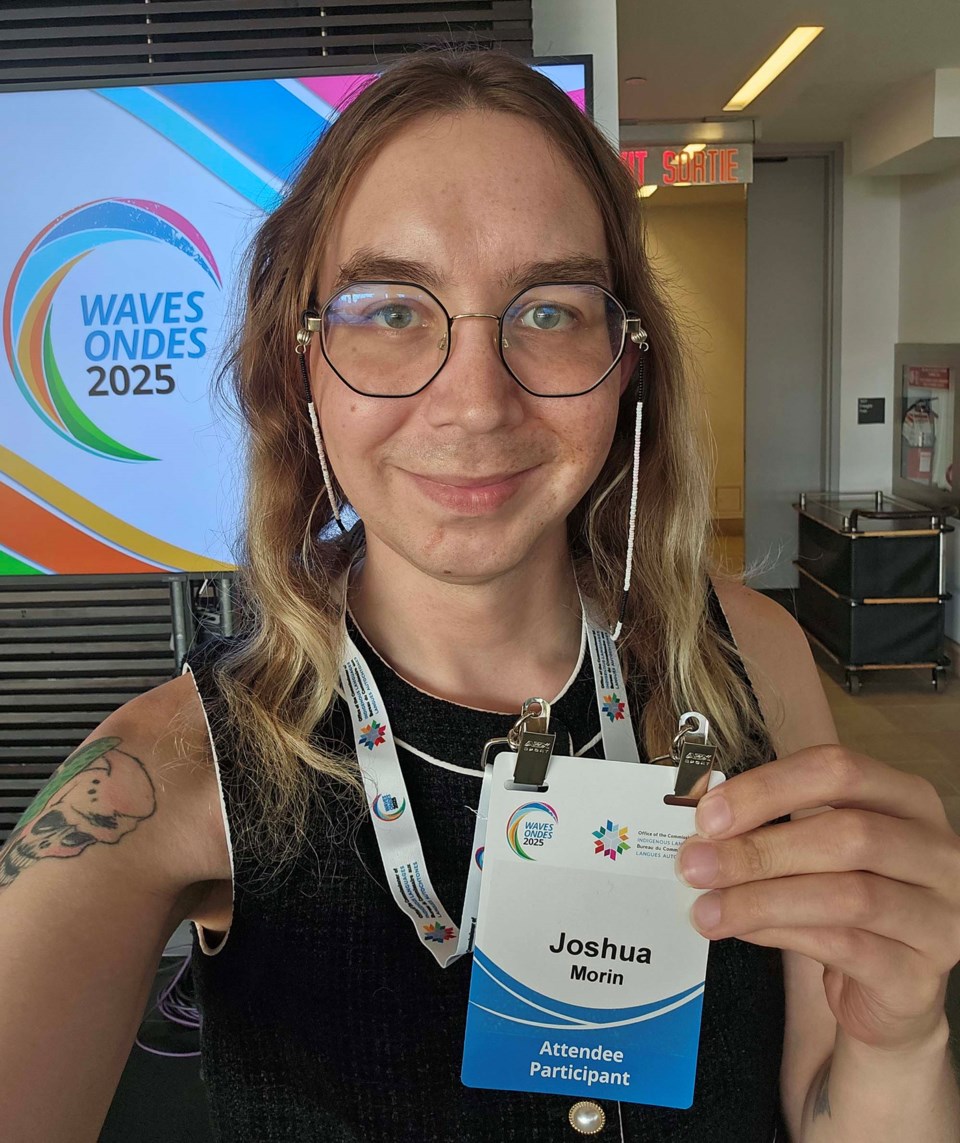St. Albert’s main Métis institute got some global attention this week at an international conference on Indigenous language.
Some 2,300 delegates from around the world were in Ottawa last Aug. 11 to 14 for the WAVES 2025 Global Indigenous Languages Summit. Organized by the Office of the Commissioner of Indigenous Languages (an independent federal organization created on the recommendation of the 2015 Truth and Reconciliation Commission), this free conference aimed to promote and preserve Indigenous languages.
There are about 70 Indigenous languages in Canada, and most of them are at risk of extinction, said Georgina Liberty, a director with the office of the Indigenous languages commissioner.
“Michif [the traditional language of the Métis] is one of the fastest dying languages because we’re losing our speakers,” she said – there were maybe 200 fluent speakers in Canada, and most of them were over 50 years old.
“If new speakers don’t come forward, it won’t be long before we don’t have a Michif language.”
Liberty said the conference would address many topics, including the use of AI in language education and the language-health connection. A report on the conference will be posted at a later date.
Michif steps up
The conference featured a star-studded cast of artists, researchers, and knowledge keepers, including former Truth and Reconciliation Commission member Wilton Littlechild, Olympian Waneek Horn-Miller, and singer Susan Aglukark.
Representing St. Albert was Joshua Morin, president of the Michif Cultural Connections Society, who gave a talk on the Michif language courses the institute ran in 2019.
“It really kick-started a lot of people’s language journey,” they said of the courses, and inspired some to take additional lessons in Michif.
Languages carry norms and values and are an essential part of identity, Liberty said. Research suggests knowing one’s native language can improve mental health.
Morin said they learned Michif as an adult as their family spoke English at home. In 2019, Cheryl Dumont of St. Albert Further Education teamed up with Michif Cultural Connections to run a Michif language class. The lessons proved so popular that Michif Cultural Connections started a Michif language club afterwards so students could keep learning the language. When COVID-19 gathering restrictions shut down public gatherings in 2020, Morin continued to promote Michif through social media and online workshops.
“That one was really good,” they said of the online lessons, as it gave Michif worldwide exposure.
Morin said they hoped to launch a new Michif language course at Michif Cultural Connections in the months ahead. They said they planned to tell guests at the conference to advocate for Indigenous language courses in schools and to take such courses whenever they could.
Morin said language and culture were mirror images of each other. Preserving Indigenous languages ensures that the knowledge of those who speak it gets passed on.
“If we don’t use it, we lose it.”
Visit waves2025.ca for details.




